SDG04 in the classroom: Quality education
We are facing numerous challenges: poverty, hunger, climate change, energy shortages... As global citizens, each of us bears the responsibility to take action to improve our world. As educators, it is our duty to raise students' awareness and urge them to take actions for a better world. Therefore, we have chosen the Sustainable Development Goals (SDGs) as our educational focus. We have designed SDG lessons with the aim of inspiring educators to motivate people to take action to achieve the SDGs and make our world a better place.
The fourth lesson focuses on SDG4: quality education. At the end of this lesson, the students will be able to: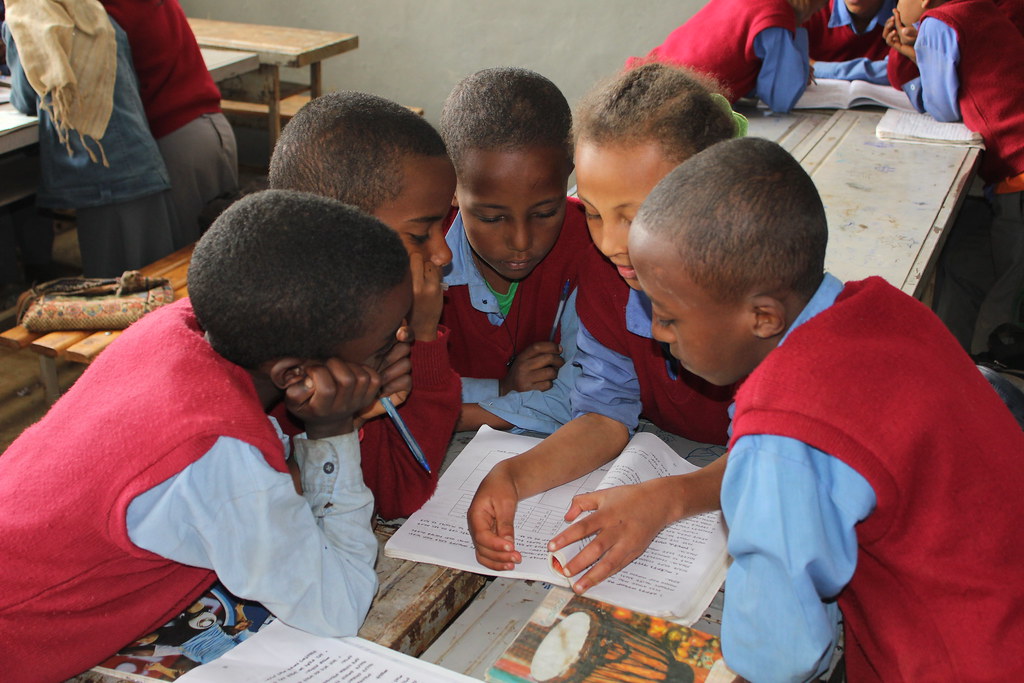
- Understand the role and importance of quality education
- Understand the relation between SDG4 and other SDGs
- Analyze digital stories on SDG4
- Indicate statistical numbers about SDG4
- Does learning end when academic studies end?
- Is education about schooling only? What else does education refer to?
- Does everybody have equal access to education (knowledge, facilities and resources)?
- Equal accessibility is a factor contributing to quality education. What other factors could contribute to quality education?
- What does equity in education mean? What is the difference between equity and equality in education?
- Do you think your school is providing its students quality education? Why?/Why not?
- In your opinion, to which other SDGs is SDG4 related? Why?
- How has covid-19 impacted the progress achieved in your education? And on a global scale?
Possible adaptations: (Online) This activity can be done with the use of online tools such as Jamboard or Miro.
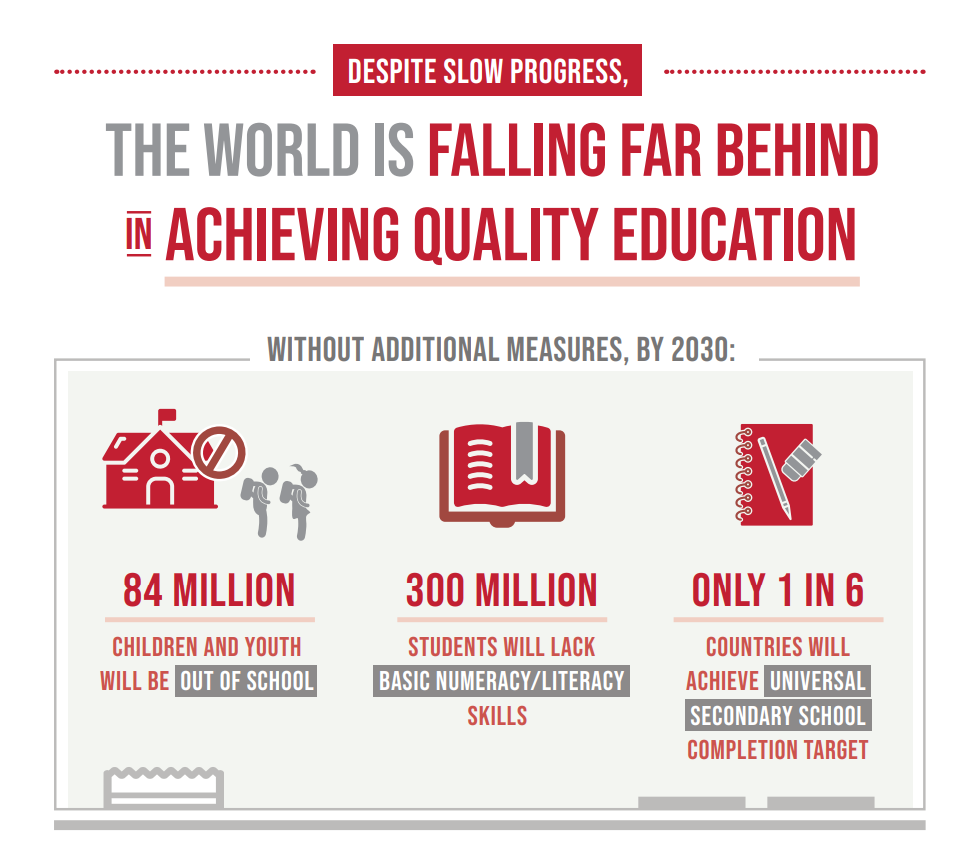
Material to link to Activity 1.
- UNESCO's SDG 4 global education cooperation mechanism
- UNESCO Education for All dives into what should be done to ensure inclusive education
- SDG4 Global Report 2023
- Main differences between equity and equality
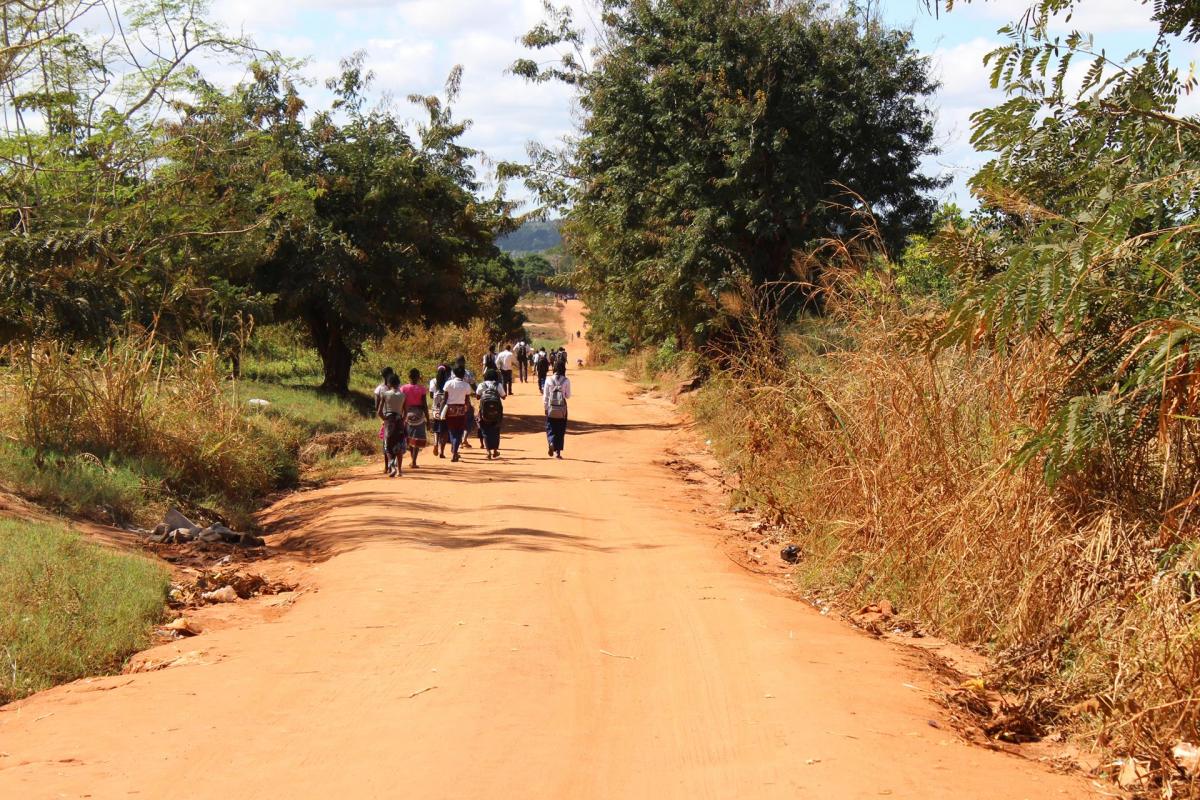
- Taking into account the brainstorming session, what are the main factors causing lack of quality education in this story?
- Taking into account the brainstorming session, what other consequences derive from the school dropouts in this story?
- What is the message the author wants to send?
- What is the message the author wants to send through this story?
- In your opinion, what is the role of societal beliefs in the achievement of quality education?
- What would happen if governments would prioritize free and equitable education?
 The young girls from Bertoua find their way in a dual learning center.
The young girls from Bertoua find their way in a dual learning center.
- How important is to educate girls and women worldwide?
- When official schooling is hindered, what other educational pathways one can take?
- Looking at the video, what role is SDG4 playing in achieving other SDGs?
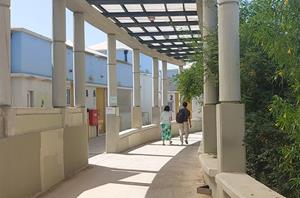 Towards the Privatization of Education: the case of Greece
Towards the Privatization of Education: the case of Greece
- What challenges does Greece's public higher education face?
- What consequences may be brought to students because of increasing expenses in higher education?
- In your opinion, what are the advantages and disadvantages of privatization in education?
This activity can be done individually or in a group of 4-5 students. You can also select other digital stories of Comundos related to SDG4
Show the infographic to the students with some numbers covered (as shown in the picture). It is suggested to cover 3 numbers only and leave the others visible. Then, ask the students to guess the number missing, according to their beliefs.
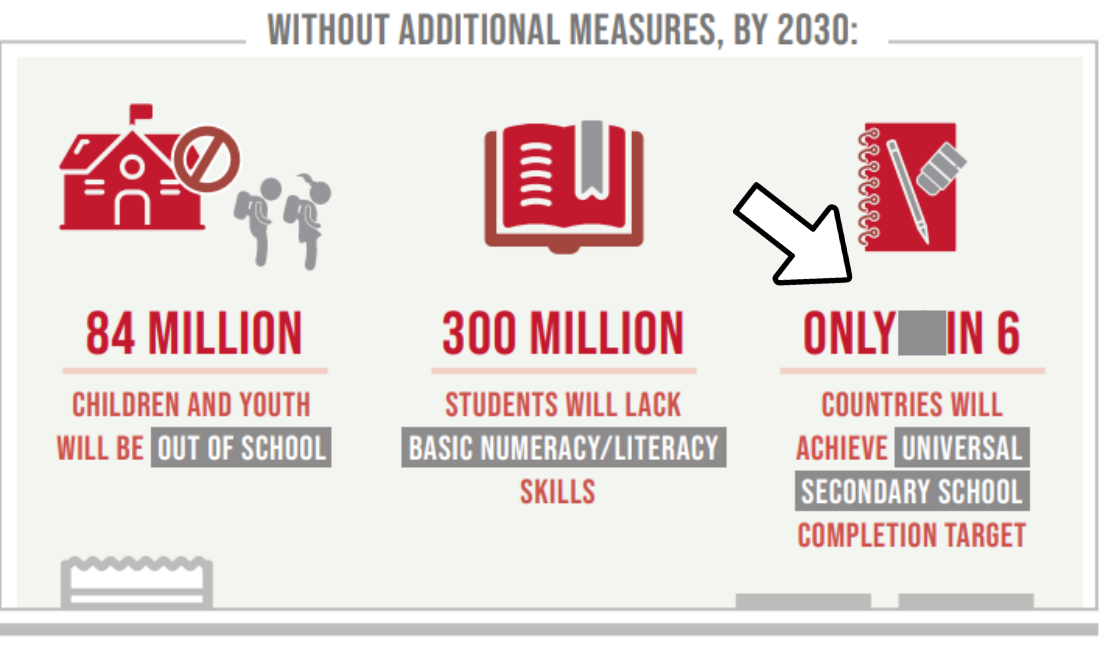
Possible adaptations:
Create a quiz on Google Form or using another online quiz tool. Afterwards, it is suggested to show the original infographic to the students for further clarifying questions.
Source: UN
This quiz is about UN Goal 4: Quality Education. You can either use it at the end of your lesson to revise the topics you talked about or at the beginning of the lesson to challenge students prior knowledge and gain their attention.

For SDG4 (quality education) sheet, our favourite pedagogical twist is:
Make space for students' voices and knowledge sharing: Students' tips. Ask students to give tips about a topic/SDG (for instance, a book/article to read, a video/series/movie/documentary to watch, a game to play, etc.) and ask them to give a little explanation of the proposed source (the main content, the author, where to find it, etc.).
Create a shareable google spreadsheets where students can add the sources/link of their suggested material. Bear in mind: You can also learn from your students!
If you have another pedagogical twist in mind, feel free to apply or´ check the pedagogical twist list.
The goal is to “Ensure inclusive and equitable quality education and promote lifelong learning opportunities for all”.
Education is and will be the key to achieving a better world where all SDGs are achieved by 2030.
Further inspirational material:
- Further data on SDG4: Report 2023 UN
- Article: Why Educating Girls Is the Answer to International Sustainable Development
- Girl Rising | Afghanistan Chapter “Written by Zarghuna Kargar and voiced by Anne Hathaway, Amina’s chapter is one of nine remarkable stories from the Girl Rising film. Amina is constrained by Afghan society, confined by her gender and expected only to serve men. But this child bride has had enough. She is determined to reject the limitations prescribed by society and to lead others to do the same”.
- Possible activity: let students watch the little movie and read this article. Afterwards, propose this essay title: “Women in Afghanistan have fought so long to win their rights and access education as shown in the story of Amina. Now, with the invasion of the Taliban, all progress seems nullified. Make your considerations about what has happened regarding girls’ and women’s education in Afghanistan and think about how their future will look like now. Do you see a bright light of hope and change? How would your future be compromised if all of a sudden you couldn’t access education anymore but obey a new system of rules?
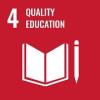
A gift for Comundos
Over the years, Comundos has helped remote communities around the world by teaching critical thinking, media literacy and the use of communication technology.
To do this effectively, we need your support for computers, translations, courses and social media management.
Thank you .
BE11 1030 2973 8248
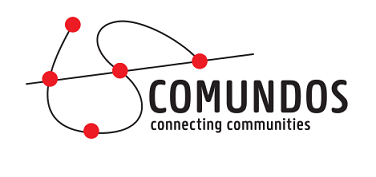




 University for Whom? -Brazil-
University for Whom? -Brazil-